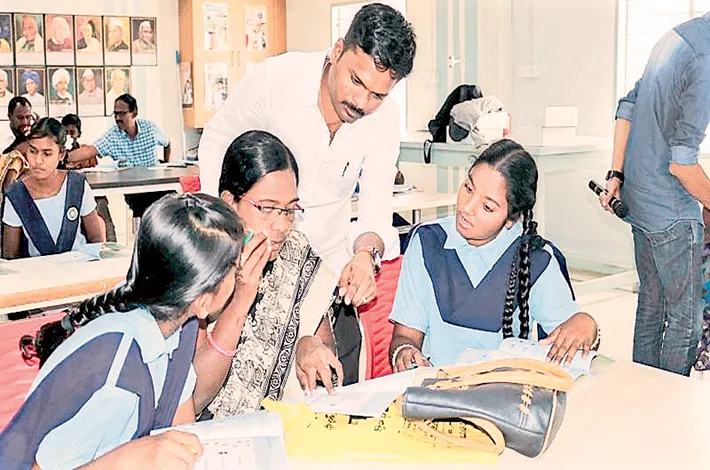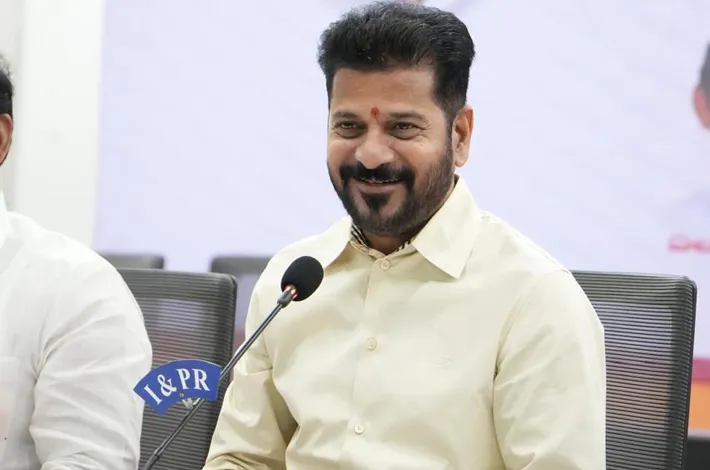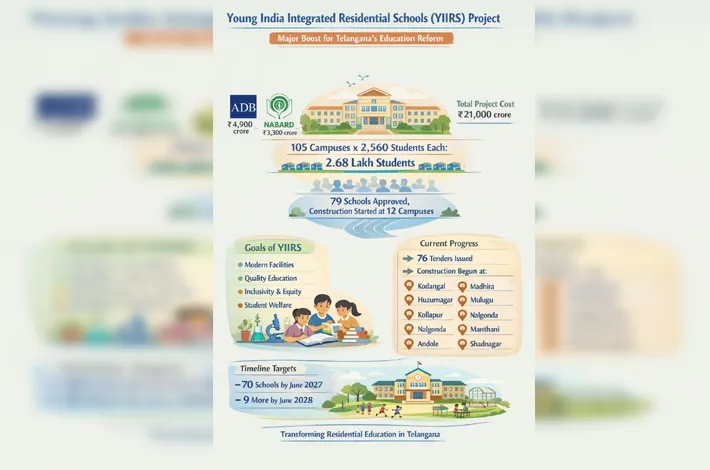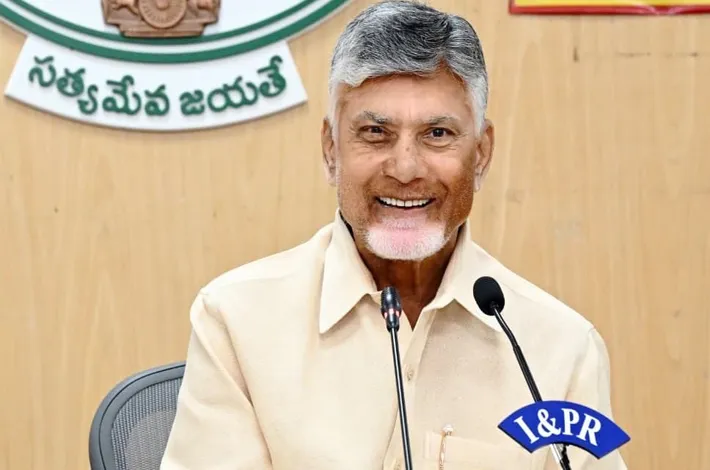Schools hit by shortage of non-teaching staff
26-11-2025 12:00:00 AM

Metro India News | Hyderabad
A severe shortage of non-teaching staff is crippling government schools across Telangana. From ringing the school bell on time to providing drinking water for students, safeguarding computers, and preventing misuse of school premises at night — most tasks have no designated personnel. With only a fraction of the required staff available, the burden has fallen heavily on teachers, and students are ultimately paying the price. Sweeper, attender, junior assistant, record assistant, and watchman posts remain largely vacant, forcing schools to function with whoever is available.
According to a recent report prepared by the School Education Department, the state has 24,997 government schools. However, only 10,224 non-teaching staff are currently working. Ideally, every school should have at least a sweeper, attender, junior assistant, and computer operator. But in many institutions, only one person is available, and in several others, none at all. Only a handful of larger, older schools have somewhat adequate staff, while hundreds of schools operate with glaring shortages.
The numbers reveal a sharp imbalance. Of the 1,657 government schools, there are 1,001 non-teaching staff. But in the much larger network of 22,587 local body schools run by Mandal Parishad and Zilla Parishad authorities, only 3,733 staff are appointed. At this ratio, these 22,587 schools should ideally have more than 22,000 non-teaching staff, but the gap is alarming. In contrast, Kasturba Gandhi Balika Vidyalayas (KGBVs) show stronger staffing, with 4,682 personnel for 495 schools. Model Schools, TREIS institutions, and Urban Residential Schools (URS) also show comparatively better figures, with 451 staff in 194 Model Schools, 174 in 35 TREIS schools, and 183 in 29 URS centres.
The disparity clearly reflects how government and local body schools remain neglected when compared to KGBV, Model, TREIS, and URS institutions. Due to this shortage, teachers are forced to handle administrative and clerical responsibilities such as maintaining registers, issuing transfer certificates, preparing salary bills, managing GPF and medical files, handling pension-related work, and overseeing the Mid-Day Meal programme. This additional workload is severely affecting academic focus, teachers argue.
Interestingly, while schools struggle without basic support staff, the offices of the District Education Officer (DEO), Mandal Parishad, and Zilla Parishad have staff in large numbers. In many cases, attenders and other non-teaching personnel working in these offices reportedly exceed actual requirements. Teacher unions have criticised this imbalance and are demanding that surplus staff in state and district offices be redeployed to schools that urgently need manpower.
Officials are reportedly considering transferring staff from schools where they are in excess to those facing shortages. Teacher associations insist that every school must have at least three non-teaching staff to ensure smooth functioning and quality education for students.








